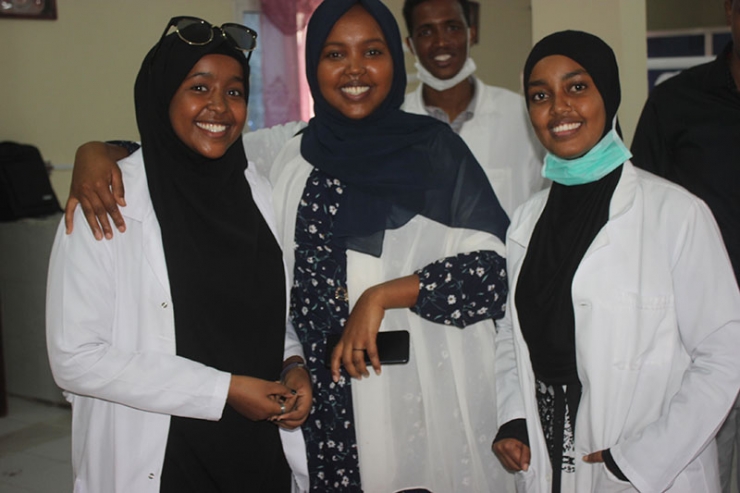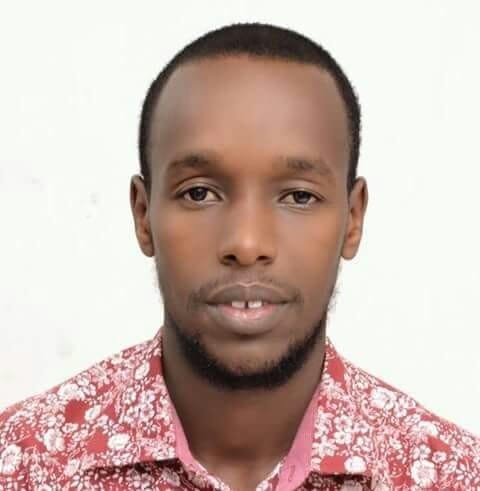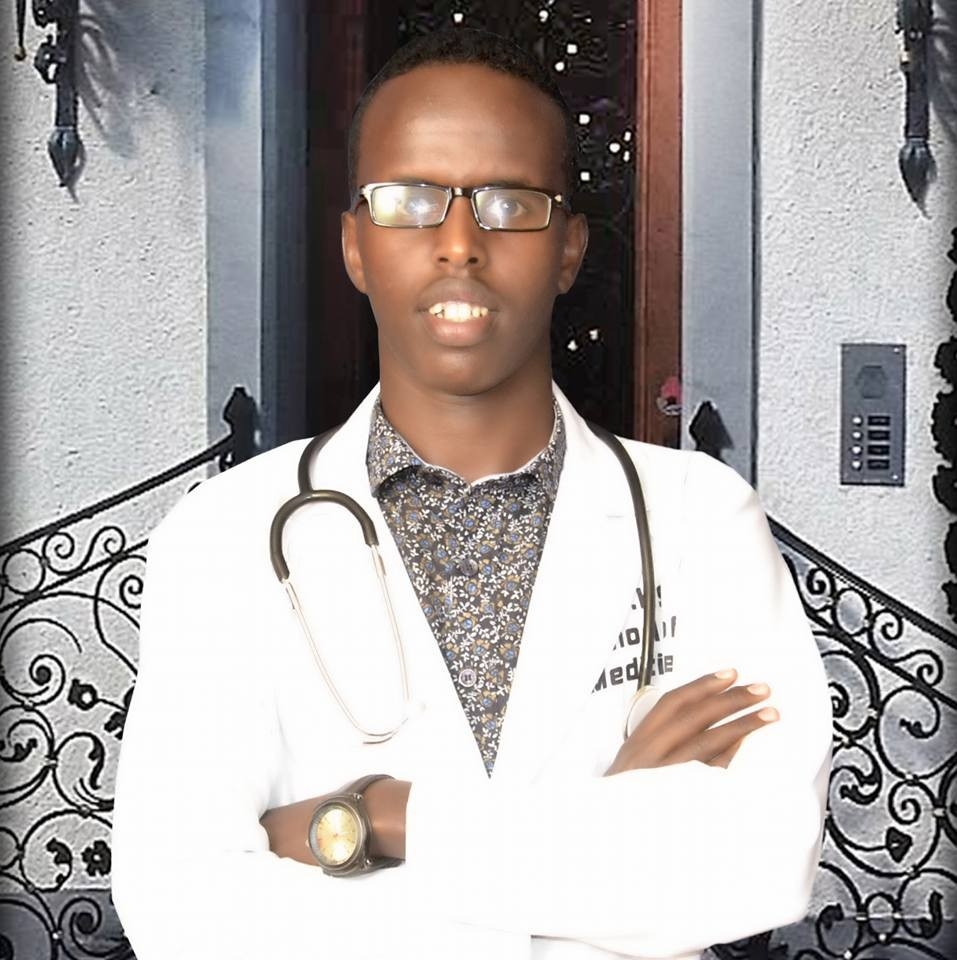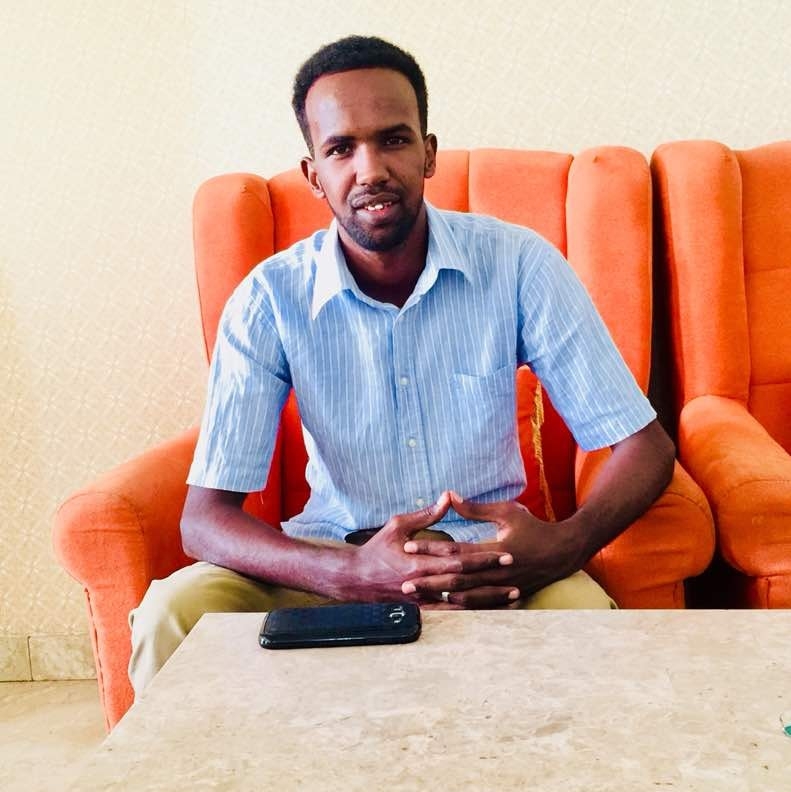to meet a variety of healthcare needs in Somaliland. The hope is to train physicians who can serve in any number of hospital and clinic settings, including the rural district hospitals, in health administration positions, as well as on faculty of medical education programs.
The Family Medicine Specialist provides care that is comprehensive, extending from birth to death, for men, women and children, covering a broad range of illnesses. The family physician coordinates care among other specialists and non-physician providers, integrating care at various levels of the health system. The Family Medicine Specialist provides holistic care of the whole person, rather than simply disease oriented treatment. Family medicine is community oriented, recognizing the context of the individual in a community impacted by public health issues. The Family Medicine Specialist focuses on the preventive and promotive aspects of care, as well as curative. The Family Medicine Specialist provides care that is continuous over a long period of time, rather than episodic. Finally, family medicine is cost-effective, using limited resources wisely. The Family Medicine Specialist can function well in a variety of settings, academic or non-academic, rural or urban, private or public, among the rich or poor, in district or provincial hospitals or clinics. However, this curriculum is designed specifically to prepare the Family Medicine Specialist to function in the District Hospital and as a medical educator.
In a recent address to Family Medicine Physicians, Dr. Margaret Chan, the Director General of the World Health Organization, stated, “Today, you [Family Medicine Physicians] are the rising stars who offer our best hope of coping with a number of complex and ominous trends. Your talents and skills are needed, and wanted, now more than ever before.”
Family medicine is a primary care specialty that focuses on a holistic approach to healthcare.
“Family physicians integrate the biological, clinical and behavioral sciences to provide continuing and comprehensive health care…Family medicine encompasses all ages, sexes, each organ system and every disease entity. Family physicians also pay special attention to their patients’ lives within the context of family and the community. While there are similarities between family medicine and the other primary care specialties, family physicians have an unprecedented opportunity to have an impact on the health of an individual patient over that person’s entire lifetime.” (Choosing family medicine AAFP). A family physician in Somaliland will be able to care for more than 90% of the acute and chronic health issues that would present to a district hospital or to a busy urban outpatient clinic.
In October 2012 the first class began with 6 physicians, all graduates of the Amoud University School of Medicine. Since then, 6 classes of post-graduate doctors have enrolled and three classes have graduated (a total of 15 family medicine graduate doctors). Currently, 17 residents are enrolled in the program with six of them scheduled to graduate in 2018.
The program faculty is comprised of three full-time family physicians and one general surgeon from the United States. Two Somali graduates of the program serve as part-time faculty. Borama Regional Hospital is the major training site of the residency program. However, residents do rotate through the local Maternal-Child Health clinics, and at Edna Adan Hospital in Hargeisa; plans for rotations at other regional hospitals are underway.
Residents are exposed to the full-range of family medicine. The curriculum consists of adult medicine, pediatrics, obstetrics, gynecology, surgery, orthopedics, community health, ultrasonography, and research. The care and management in these disciplines occurs in both the inpatient and outpatient setting. The core topics in these disciplines are taught in a variety of methods, including reading material, didactic sessions, regular exams, and ultimately through the supervised clinical care of patients.
Values
The faculty and trainees of Hope Family Medicine Somaliland will adhere to the following values:
- Patient First: The care of patients is our primary concern. We will care for them as if they were a brother or a sister.
- Respect: We will respect all people, rich or poor, regardless of gender, faith, education, position, clan, culture or diagnosis.
- Integrity: We will be honest in our work, paying particular attention to accurate medical records, statistics, and note-keeping. We will not accept monetary “gifts”. We will not give or accept bribes.
- Stewardship: We will wisely use our time and talents, and the material resources of the hospital.
- Sanctity of Life: We will honor and protect life, which only God gives and takes away.
- Life-long Learning: We will strive to adapt to change and to improve our work through life-long critical learning and teaching.
- Excellence: We will aim for the highest possible standards in all that we do.
The education of the residents and the development of the residency program have been greatly assisted by the presence of volunteer faculty from abroad. Visiting professors have come from Mayo Clinic in Minnesota, Illinois, Kansas, Pennsylvania and Washington state. Expatriate physicians working in Kenya have greatly contributed their knowledge and skills over the years. Specialties represented by these visits have included pediatrics, dermatology, family medicine, emergency medicine, general surgery, orthopedic surgery, and pulmonary/critical care medicine.
Overall, the Hope Family Medicine Somaliland residency is now a well established and growing program. The ongoing strong support of Amoud University and Al Hayat Hospital, along with the volunteer participation of a number of expatriate physicians, is facilitating the training of excellent family physicians . As the third class graduates by September 2017, the future of family medicine in Somaliland is poised to be highly successful. These family physicians will be ready to impact the health of Somalis--of all ages, whether rich or poor—promoting healthy practices and caring for those sick and dying. And in time, and through their dedication to the care of Somali people, the solution to improving health can be advanced.
 English
English





